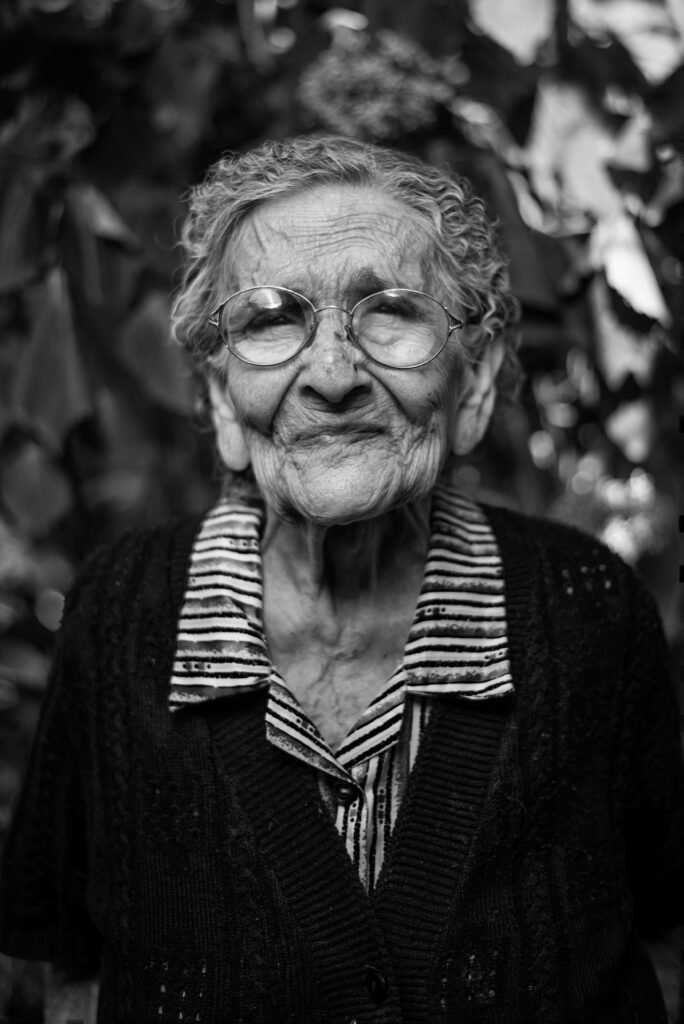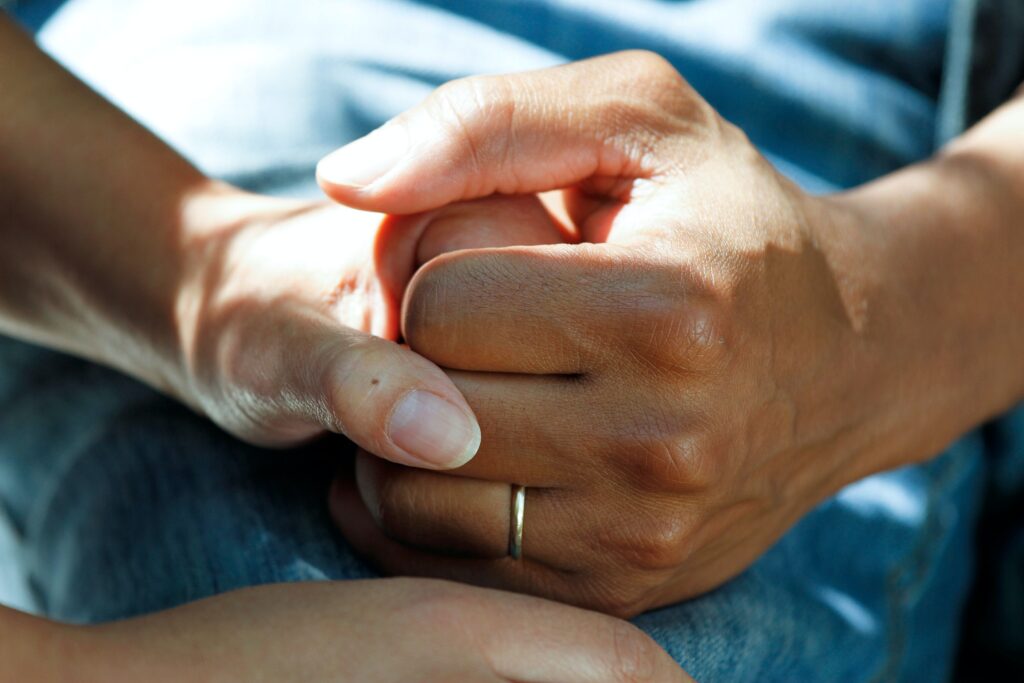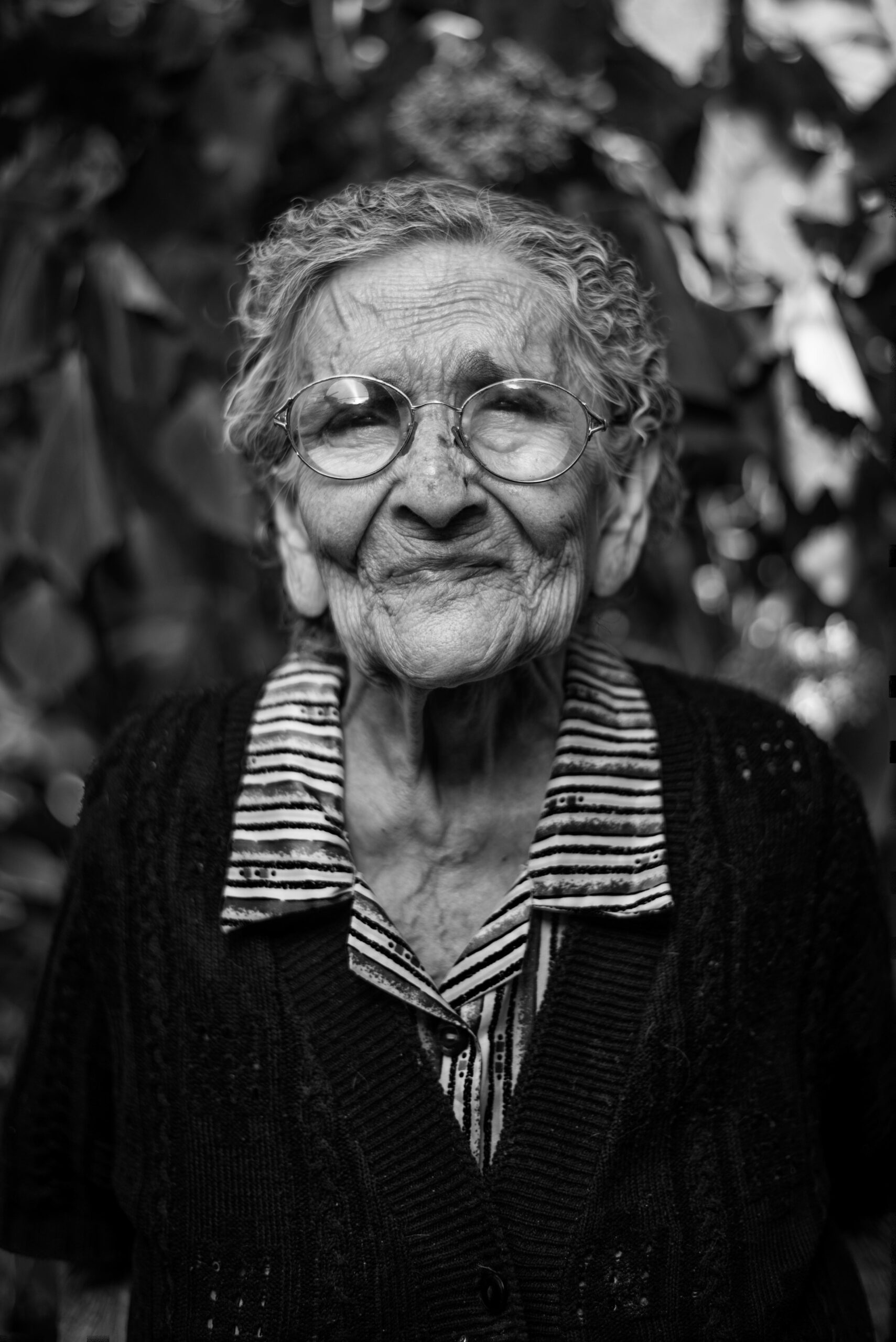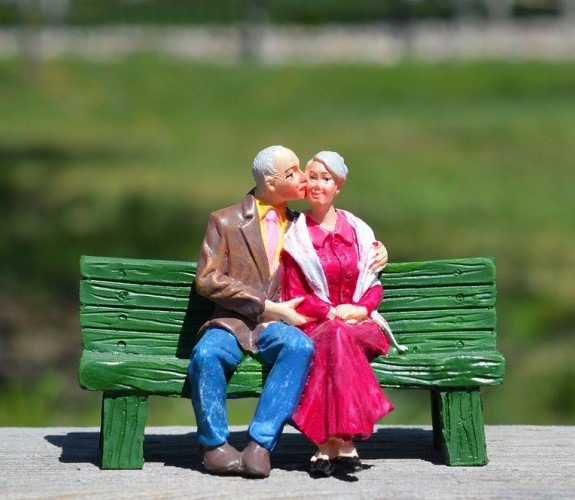Alzheimer's Day Care: Alzheimer's Care in Utah
In-Home Alzheimer's Care for Seniors in Utah
What is Alzheimer's Disease?
Alzheimer’s is a progressive and irreversible brain disorder that impacts a person’s cognitive function and behavior. It typically affects people over the age of 65, and its symptoms can include:
- Forgetfulness.
- Forgetting dates and events.
- Difficulty communicating.
- Difficulty recognizing familiar people or places.
- Confusion with time or place.
- Changes in mood or behavior.
- Impaired judgment.
- Hypersexuality.
The severity of a dementia case typically varies from person to person. Some people may have mild cognitive impairment while others may progress at a faster rate resulting in more severe memory loss and functional decline.
Similarly, the Alzheimer’s age of onset will vary between individuals.
Dealing with Alzheimer’s can be a very difficult experience for both the individual suffering from the disorder and their loved ones. It is often an emotionally-trying time as the person tries to manage their ever-changing symptoms, significant changes in cognition and behavior, and difficulties that come with daily activities.


Helping Primary Alzheimer's Caregivers
It can be particularly challenging for primary caregivers as they provide care while struggling to cope with their own emotions and managing any other responsibilities they have.
When someone has Alzheimer’s, they may require special attention from family members and caregivers who are knowledgeable about the disease and its effects on those living with it.
That’s why our team of experienced professionals strive to ensure that the individual receives the proper care they need while maintaining an atmosphere of comfort, dignity, and respect.
We understand that Alzheimer’s patients require more than just physical care – they also need emotional support as well.
What is Alzheimer's Care?
Alzheimer’s home care is a specialized type of care designed to help individuals living with Alzheimer’s maintain their independence and quality of life, while providing support for them and their loved ones. Like Family Personal Care’s Alzheimer’s home care program can provide assistance with memory loss, medical management, personal care, housekeeping activities, and more.
Benefits of Alzheimer’s home care include a reduction in stress and worry for primary caregivers, as well as consistent companionship for the individual suffering from the disorder.
As someone’s symptoms of Alzheimer’s progress and needs change, this type of care can be adjusted to continue to meet the person’s requirements. It may also help slow progression of the disease by offering mental stimulation through cognitive activities tailored to the individual’s ability level. Ultimately, it helps ensure that those living with Alzheimer’s can remain safe and comfortable at home for as long as possible.


How Does Like Family Care For Alzheimer’s Patients?
Those with Alzheimer’s have unique needs. Often, but not always, our Alzheimer’s patients are elderly, too.
Like Family Personal Care is prepared to provide the home care needed to help people with Alzheimer’s carry on living a normal, independent lifestyle. This may include (but isn’t limited to) assisting with duties such as:
- Medication reminders
- Cleaning
- Transportation
- Bathing
- Toiletting
- Cooking and / or eating
- Shopping
Unfortunately, most people caring for a loved one with Alzheimer’s have jobs, children, and other vital obligations they must tend to. It is often difficult to care for someone with this diagnosis while simultaneously fulfilling any prior life responsibilities or commitments.
Alzheimer’s care can be tricky, but Like Family Personal Care has the expertise necessary to relieve dementia-related disorders and help our patients remain happy, joyous, and free.
Alzheimer's Care FAQs
There are multiple levels of care that Alzheimer’s may require, depending on the stage of someone’s illness and their personal care preferences.
Our executive staff has over a decade of experience in caring for diseases like Alzheimer’s and dementia. Through hourly, daily, weekly, overnight, and 24-hour visits, our trained home health professionals can provide loving care to those in multiple stages of Alzheimer’s.
Through a thorough consultation, one of our home health aid professionals will be able to further discuss with you your ideal treatment options. Please call today for a free consultation and learn more.
Alzheimer’s Disease is a subset illness of Dementia. 7% of people will develop Alzheimer’s after the age of 65. Its most common signs and symptoms include:
– Memory loss
– Difficulty completing everyday tasks
– New problems with speech
– Losing items
– Isolation
– Personality changes or mood irregularity
– Apathy
Alzheimer’s begins in the region of the brain associated with learning, making it difficult for all dementia patients to remember new information. Researchers believe that the death and deterioration of nerve cells cause the memory failure and personality changes commonly associated with Alzheimer’s disease.
Unfortunately, Alzheimer’s Disease is a progressive illness. Although a cure doesn’t exist for Alzheimer’s, certain treatments do help and appropriate care lessens its discomforts.
Alzheimer’s can be traumatic for the person suffering from it and their families.
In the early stages of Alzheimer’s, family members are often able to tend to their loved ones.
Eventually, this disease progresses, making the effects of Alzheimer’s feel overwhelming to family caregivers.
In some cases, the diagnosis alone can elicit some fear for every party involved in someone’s care. In such a sensitive time, it’s crucial to find trustworthy support to prevent further distress.
It doesn’t have to be hard anymore. Integrating a home health agency can help!
Find an Alzheimer's caregiver for your loved one
Caring for your loved one probably feels as natural as breathing. It should feel that natural for your caregiver, too.


